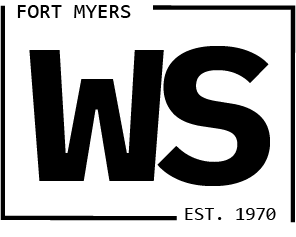POSSESSION OF A CONTROLLED SUBSTANCE
In Florida, Possession of a Controlled Substance that was not lawfully obtained is felony.
Florida Statute 893.13(6)(a) states:
“A person may not be in actual or constructive possession of a controlled substance unless such controlled substance was lawfully obtained from a practitioner or pursuant to a valid prescription or order of a practitioner while acting in the course of his or her professional practice or to be in actual or constructive possession of a controlled substance except as otherwise authorized by this chapter. A person who violates this provision commits a felony of the third degree…”
There are 2 forms of possession, “actual” and “constructive.”
“Actual” possession means the substance is actually on the defendant’s person or within “ready reach”.
“Constructive” possession means the controlled substance is not on the physical person of the accused but rather in a place over which the defendant can exercise dominion or control over.
Simply put, “constructive” possession means the contraband is in a place where more than one person has access to it.
Controlled substances include drugs such as cocaine and prescription medications such as xanax, oxycodone, and Vicodin.
PENALTIES
As a third-degree felony, Possession of a Controlled Substance is punishable by:
Up to 5 years in prison; or
Up to 5 years of probation; and
$5,000.00 fine
Additional consequences include:
A driver’s license suspension; and
Random drug and alcohol screens
DEFENSES
Different defenses are available depending on the facts of the case, however, not every case will have a defense. The defenses can be legal or factual in nature such as:
Illegal search;
Lack of Probable Cause;
Failure to prove “possession”;
No knowledge of the illicit nature of the substance;
Miranda violations;
Improper testing;
Lawful prescription

